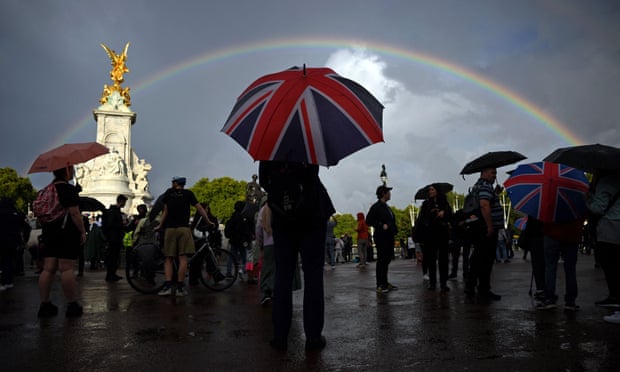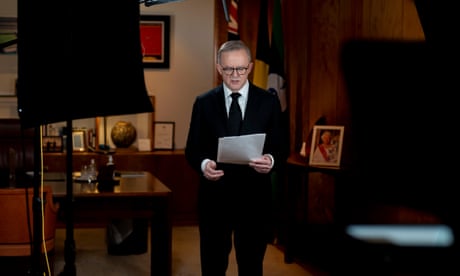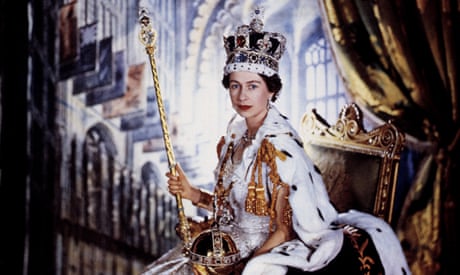Extract from The Guardian

London had assumed a golden quality to this Australian, coming from a long, cold winter. The city is bustling. Restaurants, galleries and museums are full. Raucous drinkers spill out of pubs on to the pavements. Cyclists scream past on their bikes, nudging cars politely out of the way.
But as autumnal rain has fallen this week, winter has crept closer. The news of the Queen’s death comes at the turn of the season.
People sleeping rough on the streets are huddled in doors and in tunnels. Food banks are well populated with working people who can’t afford basics. Inflation is soaring. People are worried about how they will pay their energy bills.
Politics is in flux. During the handful of days I’ve been in London, one prime minister, Boris Johnson, has fallen, and another, Liz Truss, has taken the top job. And as I roamed the state rooms of Buckingham Palace on Thursday morning, another jolt. News that the Queen was under medical supervision began to filter through the crowd of tourists. By the time we’d cleared the palace and reached the garden, the anxiety in the crowd was palpable.
It seemed improbable that the woman who had presided over this extraordinary, gilded place; a monarch who had given the people of the UK, the realms and the commonwealth, such stability and continuity over seven decades, could be mortal. Majesty ebbing to humanity was inexorable, unavoidable – but on the day it actually happened, that mortality seemed like an affront, even to a hardboiled Australian republican bearing witness.
An hour or so later, at the Grenadier, a pub in the diplomatic district close to the palace, an American woman expressed concern to her travelling companions that the marriage of William and Kate could be on the rocks. She had heard this speculation from a tour guide. She hoped this was hearsay, because those young royals seemed lovely and one country could only bear so much tumult. A British companion promptly and emphatically declared the insight false.
Throughout the afternoon, as the rain fell and umbrellas were hoisted and lowered, on the tube, on the buses, in the shops and the cafes, London was doomscrolling, hoping their monarch would rally.
Elizabeth did not rally.
She passed.
According to protocol, the BBC presenters narrating the end of the second Elizabethan period fronted their viewers wearing funereal black. Britain’s new prime minister, one of the last people to see the monarch, told the country Elizabeth had been “the rock on which modern Britain was built”.


No comments:
Post a Comment